Buses: driving the future
- Like
- Digg
- Del
- Tumblr
- VKontakte
- Buffer
- Love This
- Odnoklassniki
- Meneame
- Blogger
- Amazon
- Yahoo Mail
- Gmail
- AOL
- Newsvine
- HackerNews
- Evernote
- MySpace
- Mail.ru
- Viadeo
- Line
- Comments
- Yummly
- SMS
- Viber
- Telegram
- Subscribe
- Skype
- Facebook Messenger
- Kakao
- LiveJournal
- Yammer
- Edgar
- Fintel
- Mix
- Instapaper
- Copy Link
Posted: 2 August 2017 | Claire Haigh, Chief Executive of Greener Journeys | 2 comments
Despite carrying more commuters every day than all other forms of public transport, buses still suffer from a perception problem. For Intelligent Transport, Claire Haigh, Chief Executive of Greener Journeys, explains what the company is doing to combat this and what more can be done to encourage people to catch the bus.
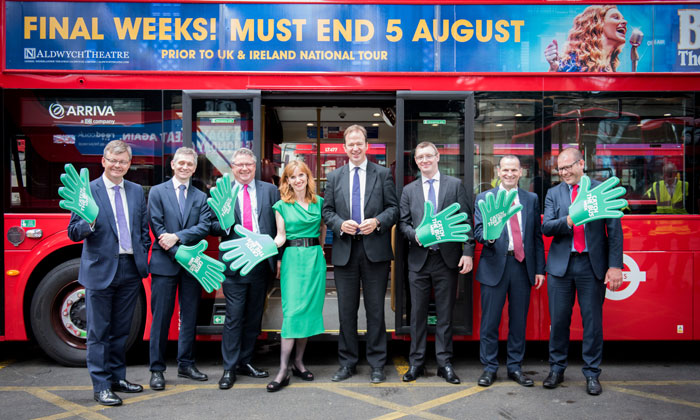

Bus usership continues to decline, and yet buses are more vital to the economy, to our society and to the environment than ever before. This vital service, which carries 2.5 million people to work every day, keeps town centres moving, and reduces the number of cars on our roads, is too easily forgotten and needs a shot in the arm.
The latest Government bus statistics show that there were 4.45 billion journeys made by local buses in the year to March 2017 – a decrease of 1.7%, which continued the overall decline in usage since 2009. Even in London, where fares decreased by 1.8% during the year, usage was down by 2.3%, although Wales saw a small growth in passenger numbers.
Unfashionable and inconvenient
Buses suffer, in part, from a perception problem. Despite carrying more commuters every day than all other forms of public transport combined, they can be seen as unfashionable and inconvenient. This couldn’t be further from the truth. While many drivers view buses as road-hogs, they are in fact extremely effective at relieving congestion and freeing up space for other road users because of the number of cars they take off the road – up to 75 cars for a fully loaded double decker bus.
The frustration for those of us working in the bus sector is that if people took the time to give buses a try, they would experience the benefits for themselves.
Catch the Bus Week
That’s what Catch the Bus Week is all about – a week-long celebration organised by Greener Journeys where we urge passengers all over the country to leave their car at home and give the bus a try. This year our campaign was bigger and louder than ever, engaging 300 supporters around the country and generating an astonishing 12,500,000 impressions online.
The week kicked off with Jesse Norman MP at the Arriva bus depot in Brixton on one of his first engagements as the new Buses Minister, and our campaign was backed by the likes of Andy Street, the West Midlands Mayor, and Val Shawcross, Deputy Mayor of London for Transport. It was a week that saw a bus treasure hunt in Cardiff, the launch of a new biogas bus service in Nottingham, and a dazzling array of competitions, promotions and offers right across the UK.
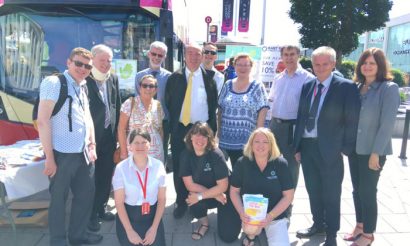

Celebrating Catch the Bus Week in Brighton
Events like this are a chance for us all to put the bus at the centre of attention, and are a great way to get motorists to give the bus a try. But there’s still more we can do to improve the bus passenger experience and present a more appealing travel option for the public.
Encouraging people to use buses
The biggest deterrent to bus use is rising congestion which has been slowing bus speeds and seriously damaging the sector. Bus speeds have been falling by an average of 10% per decade causing bus patronage to fall by 10-14%. This is why Greener Journeys has recommended that local authorities and bus operators set targets for average bus speeds.
Smart ticketing and contactless payments, for example, greatly improve the convenience of travelling by bus, and reduce journey times by minimising dwell time at bus stops. More bus priority measures such as bus lanes allow operators to make journeys shorter and more reliable.
Congestion and air pollution
Such measures are helpful, but if we are to really halt the decline in bus use more radical action is needed. 75% of congestion is caused by too many vehicles on the road. If we are seriously to tackle congestion we need more demand management measures such as road pricing and the workplace parking levy to reduce car use. It is vital that we tackle congestion not just to halt the decline in bus use, but because it is a major constraint on growth, suffocating town centres across the UK and contributing to rising air pollution.
Two recent reports by Greener Journeys, Tackling Pollution and Congestion and Improving Air Quality in Towns and Cities, have highlighted the direct link between congestion and air pollution, and why buses are an integral part of the solution to addressing both congestion and Britain’s worsening air quality problem.
The bus sector has been streets ahead of the car sector in adopting clean engine technology. A modern Euro VI diesel bus emits 95% less nitrogen oxides than previous Euro V models, and less than a comparable Euro 6 diesel car – even though a bus has 15 times the carrying capacity of a car.
Put simply, the bus needs to be at the centre of future transport networks, while cars (and particularly high-polluting diesels) must be more heavily penalised. This way we can deliver a modal shift which will solve our most pressing transport problems, and make buses a cleaner and more attractive travel option for all.
Related topics
Travel & Passenger Information
Related modes
Bus & Coach
Related organisations
Greener Journeys




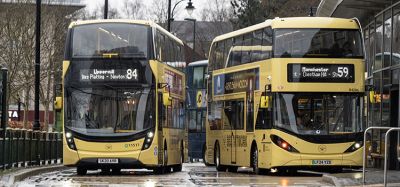
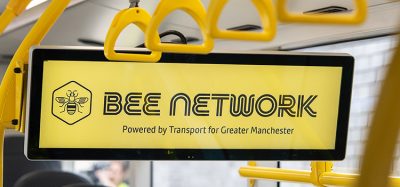
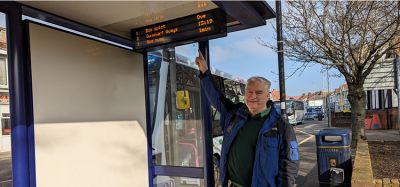
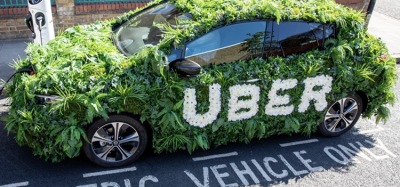

One of the most significant deterrent to bus use is the actual efficiency of individual journey times. When a relatively short journey of a few miles can take more than an hour it’s fairly obvious that where potential users have an alternative they’ll take it. Be it car , motorcycle or if distance and weather permits, bike. Cut through the nonsense about , stress, work on the bus, free wifi, cost , “green” etc. etc. people want to get to work/home quickly and efficiently and if they’re able and can afford it they’ll choose 20 mins in the car (in traffic) vs more than an hour on a bus every time
Whilst buses in London may be very heavily utilised, that’s not always the case
elsewhere in the country. Slow almost empty double deckers filled with miserable commuters spending an eternity meandering around extended routes in many cities tells the real story
We try to use our local bus service, but it is unreliable although frequent during the day drops to 1/hour after 7pm. The times of services displayed at bus stops say that you should aim to arrive 5 minutes before the scheduled time as this cannot be guaranteed. If we using the bus to catch a train, we always go for the one before the most appropriate as there is no guarantee that any bus will arrive on time and sometimes they don’t arrive at all. Once on the bus there is nowhere to put your suitcase that is safe. I would use the bus more if the operator did everything to make sure the services run to time, even if that means adding in an extra bus to cover for a late service. Also I would like to see more comfortable buses with more seating room, places to put your luggage where it wont be stolen, on-board real-time information about connecting services and all buses going to modal interchange points such as railway stations.